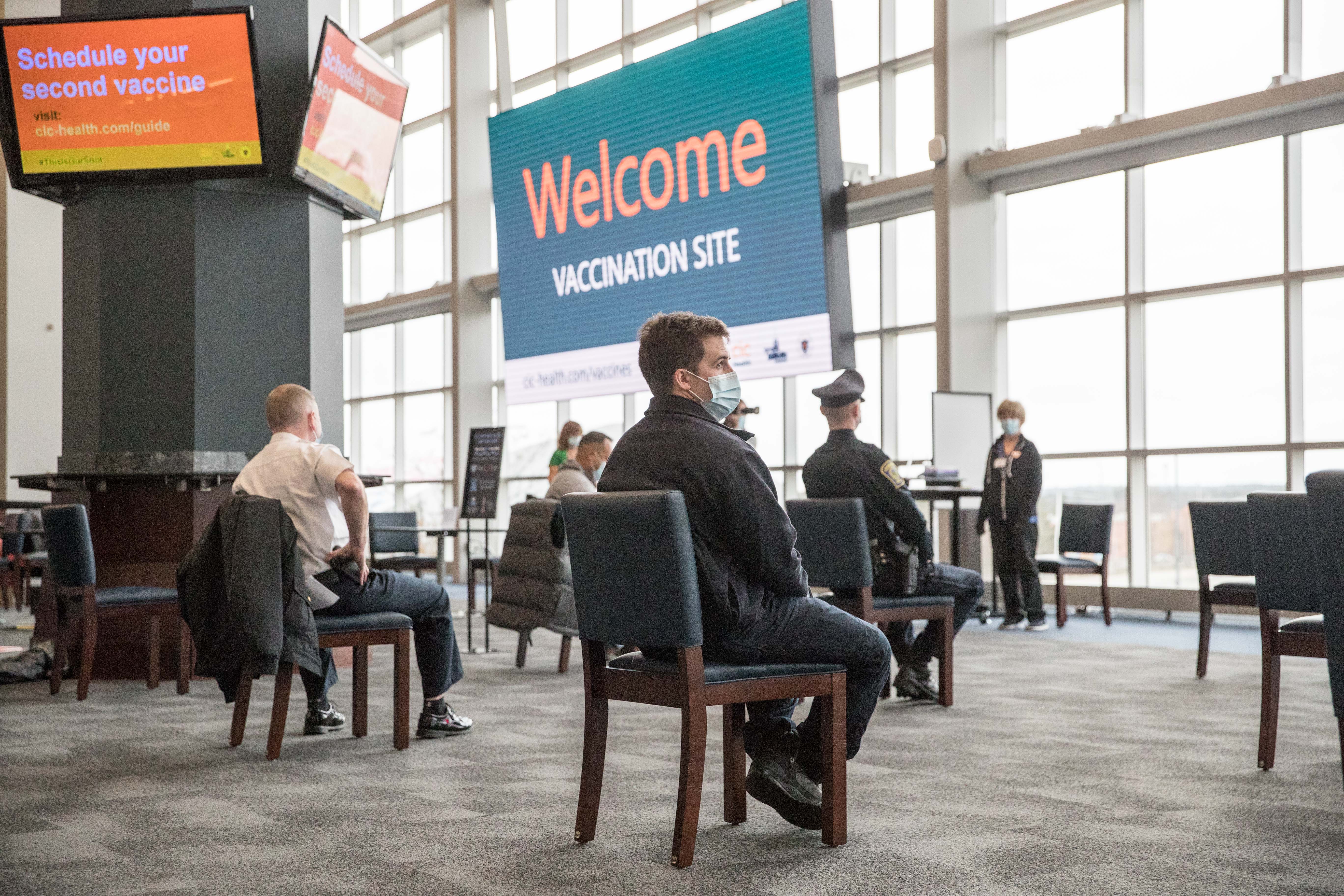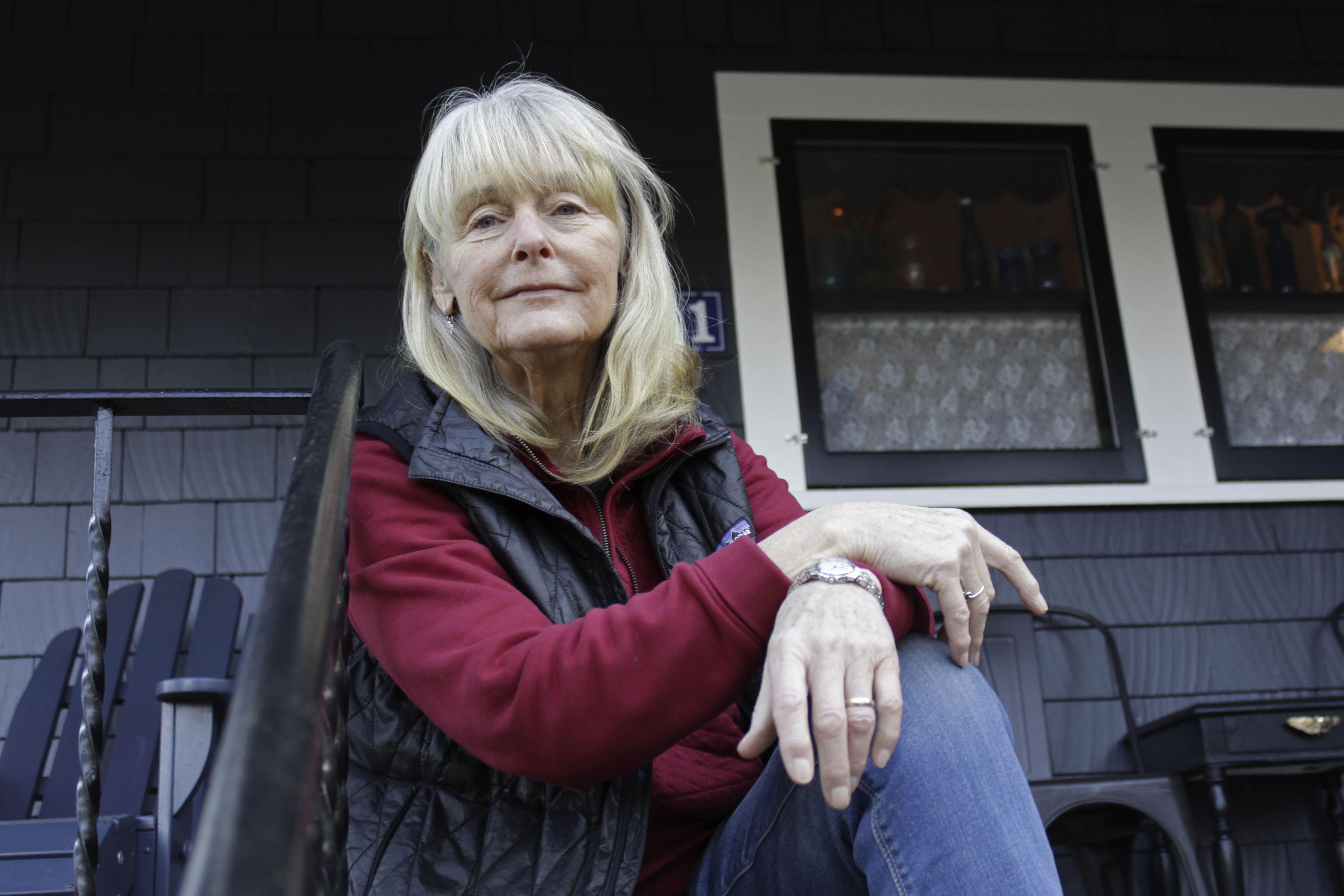Dr. Shira Doron, an epidemiologist at Tufts Medical Center, is trying to prepare people for the idea that vaccines alone will not end the COVID-19 pandemic.
"Ultimately it will stop the pandemic. In exactly how long is unknown," she said.
In fact, models from researchers at Mass General and Columbia suggest masking, distancing and other mitigation efforts will likely be needed through at least mid- to late-summer.
"If you keep all of that and layer the vaccination on top, then we could bring the end of the pandemic into sight," Doron said.
Get Boston local news, weather forecasts, lifestyle and entertainment stories to your inbox. Sign up for NBC Boston’s newsletters.
That's encouragement enough for most people who are already masking up to keep it up.
"I work 10 hours a day with a mask on so I don't have a problem, no one else should," said Jose Calderon of Worcester.
"I wish we don't but, if we have to, then we have to do it. You have to keep yourself safe," said Matilda Osei, also of Worcester.
But Doron said that what may seem simple for some people now may be more complicated until researchers better understand whether the vaccine also reduces asymptomatic spread.
"The tougher part is actually to convince people who have taken the vaccine, or who are thinking about taking the vaccine, that their life doesn't go back to normal the minute they get their shot," she said.
Having trouble getting a coronavirus vaccine in Massachusetts? Submit a tip to our investigators here.
Instead, there may be other incentives to try to convince people to get the vaccine, like being able to travel without testing or quarantining, Doron said.
"The CDC, the Infectious Disease Society of America, local health authorities have started thinking about the concept that there may be special privileges for people who have been vaccinated," she said.
Even when we reach so-called "herd immunity," medical experts say, it won't mean the virus is eradicated. But it should mean we can relax some restrictions.



